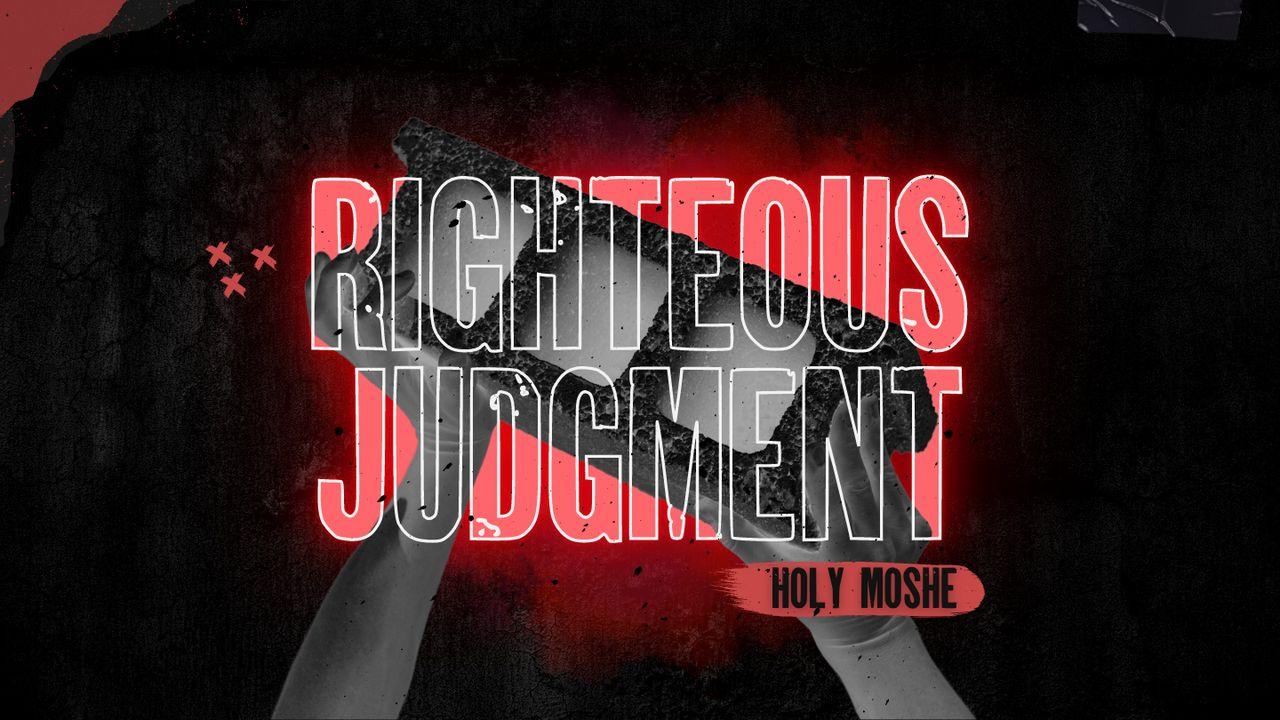Olvasóterv információk
Righteous JudgmentMinta

[IMAGE CONTENT]
There is a video that I can watch over and over again. It's the video of an elderly man standing before a judge because he was speeding in a school zone. In all his years of driving, the elderly man had never gotten into trouble. The judge asked him a couple of questions to understand what had happened and learned that the ninety-something-year-old man was driving that day to take his sixty-something-year-old son to the doctor. The judge did something unexpected for that man. He forgave him and commended him for being a good example of a father—no fine and no time.
The judge had every right to fine that man, but instead of giving a sentence or a fine, he chose to act with mercy and compassion.
The Bible connects justice with mercy and compassion. The highest point of that connection is found in the sacrifice of Christ. Before the great judge, God the Father, we are all guilty and deserve eternal punishment. Instead of giving us what we deserve, the Father decided to extend to us what we don't deserve—grace and mercy through the sacrifice of Jesus.
When you judge, remember that mercy and compassion are more important than being right. While engaging in judgment, let the virtues of mercy and compassion overshadow the significance of being right.
A tervről

Only God can judge me—not. Christians are also called to judge others with righteous judgment. But what does that mean? This 5-day plan will help you be fair in your judgment.
